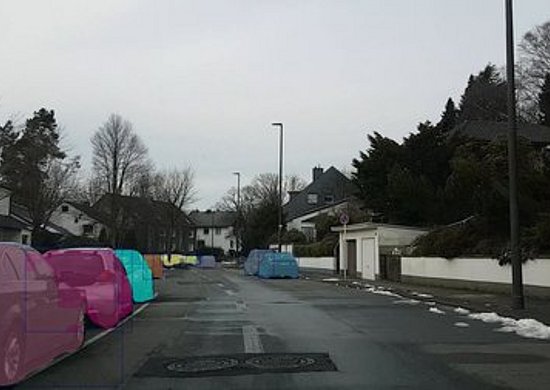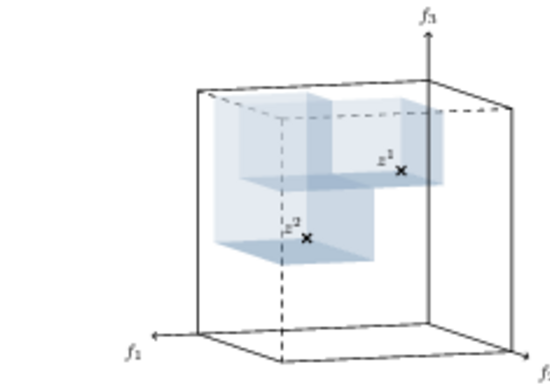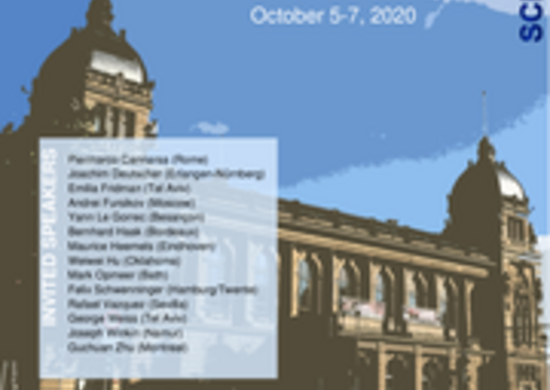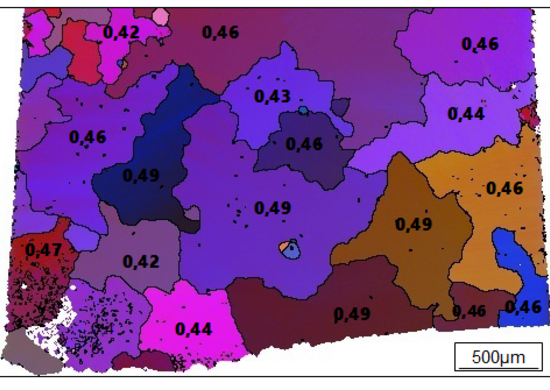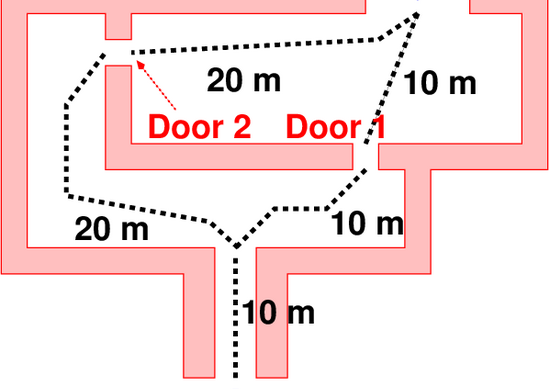
Conference: Recent developments in stochastics with applications in mathematical physics and finance
November 23 – 27, 2020
Hammamet, Tunisia
This confernce aims to collect leading experts working in mathematical Physics or mathematical Finance with particular focus on Stochastic analysis, Kinetic theory, Numerical solutions of stochastic differential equations, Infinite dimensional analysis and White noise theory, Optimal transport and control. Our main objective is to provide a forum where researchers discuss, compare mathematical methods in these fields with the aim of establishing new collaborations among all participants. Some financial support for Ph.D. students is avaliable. This conference is funded by the German Academic Exchange Service (DAAD).
Organizers:
• Gulia Di Nunno (Oslo University)
• Martin Friesen (University of Wuppertal)
• Habib Ouerdiane (Tunis El Manar University)
• Barbara Rüdiger (University of Wuppertal)
http://pinguim.uma.pt/Investigacao/Ccm/rdsamff20/
Scientific Committee: Sergio Albeverio (Bonn University, HCM), Gulia Di Nunno (Oslo University), Nicole El Karoui (Ecole Polytechnique), Martin Friesen (University of Wuppertal), Yuri Kondratiev (Bielefeld University), Berndt Oksendal (Oslo University), Habib Ouerdiane (Tunis El Manar University), Michael Röckner (Bielefeld University), Barbara Rüdiger (University of Wuppertal), Nizar Touzi (Ecole Polytechnique)
Conference: Recent developments in stochastics with applications in mathematical physics and finance


